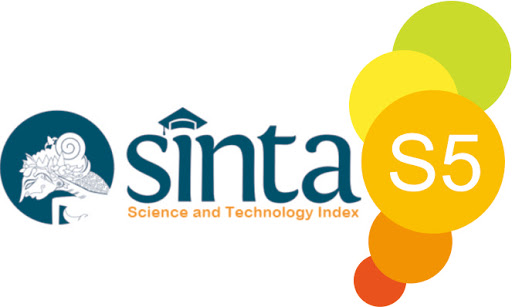Empowerment of Farming Communities Through the Bokashi Application from Agricultural and Livestock Waste in Bekiung Village
DOI:
https://doi.org/10.32734/abdimastalenta.v8i2.11703Keywords:
Agricultural, Bokashi, Fertilizer, Rice, WastedAbstract
Bekiung Village is one of the villages in Kuala sub-district, Langkat Regency, North Sumatra province, Indonesia. Generally, the people in Bekiung Village, Kuala District have a livelihood in the agricultural and animal husbandry sectors. The main livestock commodities are cows and goats while the agricultural commodities are rice and corn. The partner's current problem is the accumulation of livestock waste that has not been utilized and also agricultural waste such as crop residues that are wasted even though this waste has the potential to be developed because it contains nutrients. Generally, farmers in Bekiung village still practice conventional crop cultivation using synthetic chemical fertilizers continuously, which have a physical and chemical impact on the soil and have an impact on health. The lack of knowledge of farmers in the utilization of livestock and agricultural waste is the main obstacle to overcoming these problems. The purpose of this activity is to utilize agricultural and livestock waste in making bokashi. The solution is empowering farming communities through training in making bokashi by utilizing livestock and agricultural waste in the hope of increasing farmers' income and can also be used in cultivated plants to reduce the need for synthetic fertilizers.
Downloads
Downloads
Published
Issue
Section
License
Copyright (c) 1970 ABDIMAS TALENTA: Jurnal Pengabdian Kepada Masyarakat

This work is licensed under a Creative Commons Attribution-ShareAlike 4.0 International License.
The Authors submitting a manuscript do so on the understanding that if accepted for publication, copyright of the article shall be assigned to Jurnal Abdimas TALENTA as well as TALENTA Publisher Universitas Sumatera Utara as the publisher of the journal.
Copyright encompasses exclusive rights to reproduce and deliver the article in all forms and media. The reproduction of any part of this journal, its storage in databases and its transmission by any form or media, will be allowed only with written permission from Jurnal Abdimas TALENTA.
The Copyright Transfer Form can be downloaded here.
The copyright form should be signed originally and sent to the Editorial Office in the form of original mail or scanned document.












